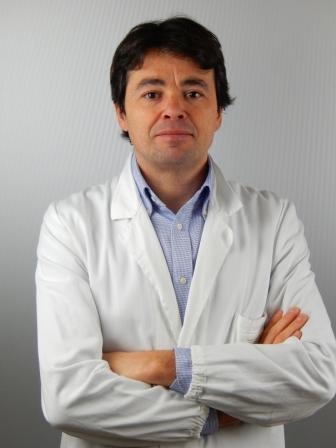Diagnostic and therapeutic innovation in central and peripheral nervous system diseases /
Neurophysiopathology
Head
Unit
Neurophysiology and psychophysiology of neurological disorders
Research activity has focused on the development of innovative technologies in the areas of non-invasive (tDCS) and invasive (DBS) neuromodulation and therapeutic neurostimulation.
In the area of non-invasive neuromodulation, the research team has developed therapeutic protocols of brain and spinal neuromodulation (tDCS, tsDCS) in neurodegenerative (Alzheimer's dementia, Parkinson's disease), neurological (headache, aphasia, chronic pain, spinal cord injury) and psychiatric (depression) diseases.
In the area of invasive therapeutic neurostimulation (DBS), researchers are developing innovative systems for adaptive stimulation (or closed loop) that allows treatment to be optimized to the patient's needs and clinical status. The quality of such neurotechnological research work is evidenced not only by international publications, but also by obtaining a U.S. patent and founding Newronika, a spin-off company of Policlinico Hospital and the University of Milan.
In addition, advanced deep brain activity analysis methods have been developed for the study of pathophysiological alterations present in Parkinson's disease and other movement disorders. Thanks to the multidisciplinary approach that characterizes the research team, patients undergo longitudinal monitoring at the neurophysiological, neurological, and neuropsychological.
Epilepsy and neuroperipheral disorders in pediatric age
The research activity of the Neurophysiopathology team dealing with neonate and child in Clinica Mangiagalli is mainly dedicated to the diagnosis, therapy, and personalized and precision medicine approaches of epilepsy based on electroclinical and genetic characterization.
The Pediatric Neurophysiopathology team has been an active participant in a national inter-society scientific study group on neonatal seizures for many years and has been instrumental in the definition and publication of guidelines for EEG and aEEG assessment and monitoring of the critically ill newborn and contributes to the international debate on seizure characterization, etiology, and improved care in this field.
The neurophysiopathology team is also engaged in collecting information through a dedicated database for clinical and instrumental characterization of both pediatric and adult epilepsies, which connects to a program on the genetics of epilepsy.
Other research efforts in the field of pediatric neurology are devoted to the electrophysiological study of children with various rare neuroperipheral disorders using neurophysiological methods such as electroneuromyography and evoked potentials.
- AlphaDBS System, NeuroniKa
- REDCap Database
- NGS platform for exome study
- Analysis of EEG (electroencephalographic) signals with linear and nonlinear quantitative analysis and artificial intelligence methods
- HDC Stim, Newronika- Direct Current Stimulator
- INNESCO (Italian Neonatal Seizure Collaborative Network)
- LICE (Italian League Against Epilepsy)
- AITN (Italian Association of Neurophysiopathology Technicians)
- Gaslini Institute of Genoa
- Besta Institute of Milan
- Institute of Pharmacological Sciences "Mario Negri" of Milan
- Bambino Gesù Children's Hospital of Rome
- Presidio Hospital C.T.O - Parkinson's and Parkinsonisms Center
- Department of Oncology and Hemato-Oncology, University of Milan
- University of Verona
- University of Trieste
- University of Naples
- University of Stockholm
- University of Brussels
Neuromodulation team: 5 neurologists, 2 health researchers, 4 Fellows
Adaptive DBS study team: 2 neurologists, 1 health researcher
TechNoPain study team: 1 neurologist, 1 psychologist, 1 health researcher, 2 fellows
EPIEXOME study team: 5 neurologists, 2 health researchers, 2 fellows
PINEO study team: 3 neurologists, 1 fellow
Pediatric headache team: 1 neurologist, 1 fellow
Pediatric age seizure team: 1 neurologist, 1 fellow
Pediatric age movement disorders team: 1 neurologist
—
Other activities in this Research Line
Diagnostic and therapeutic innovation in central and peripheral nervous system diseases
Geriatrics
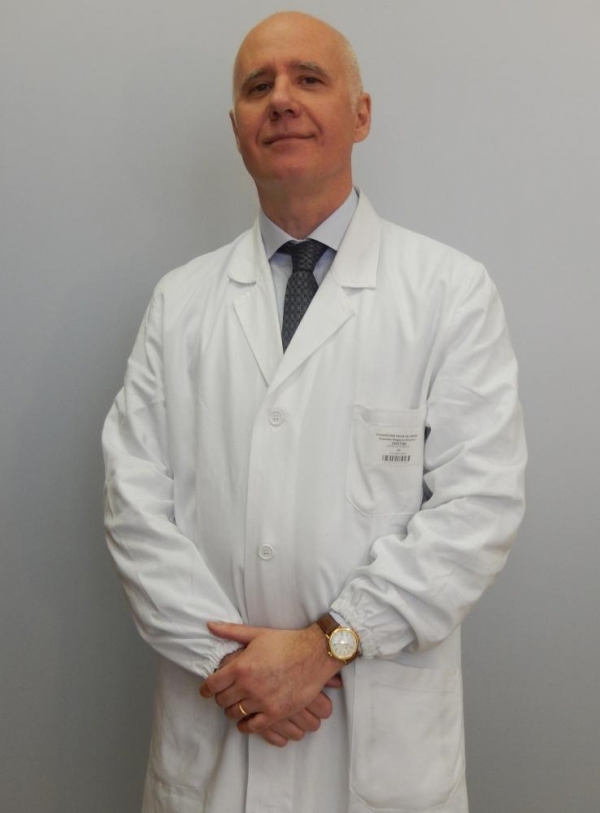
Tiziano Lucchi
Maxillofacial Surgery and Odontostomatology
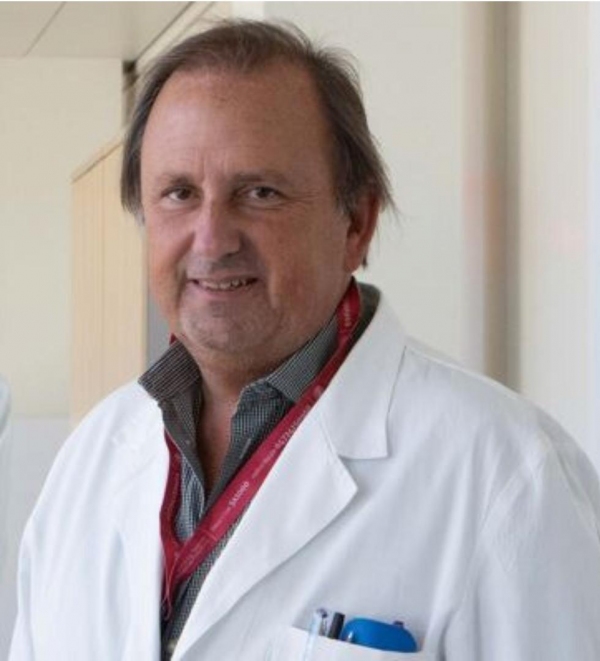
Aldo Bruno Giannì
Neonatology and Neonatal Intensive Care Unit
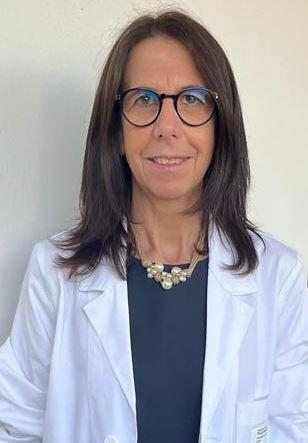
Monica Fumagalli
Neurology
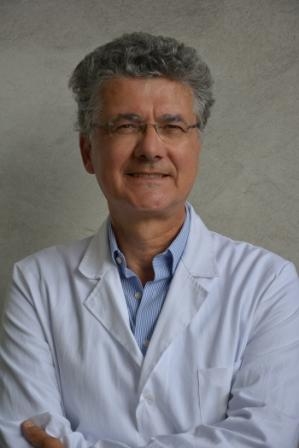
Giacomo Comi
Neurology - Neurodegenerative Diseases
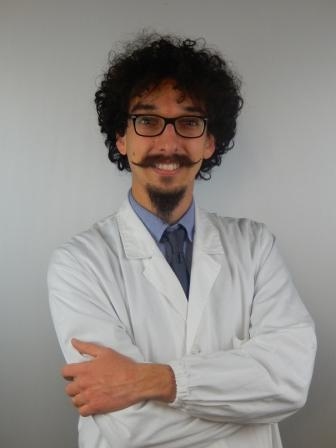
Andrea Arighi
Neurology - Neuromuscular and Rare Diseases

Stefania Corti
Neuroradiology

Fabio Maria Triulzi
Neurosurgery
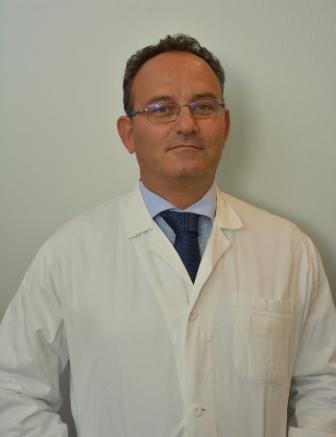
Marco Locatelli
Ophthalmology
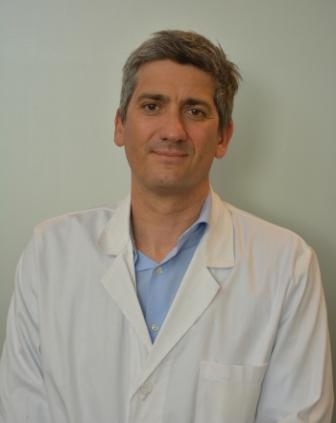
Francesco Viola
Otolaryngology and Cervico-Facial Surgery

Lorenzo Pignataro
Maxillofacial Surgery and Odontostomatology

Aldo Bruno Giannì
Psychiatry
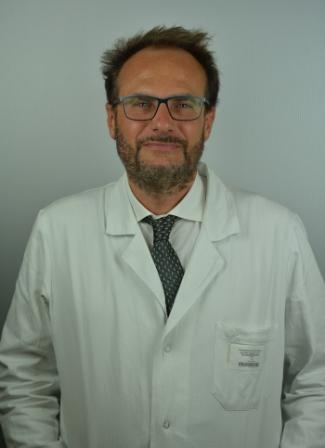
Paolo Brambilla
